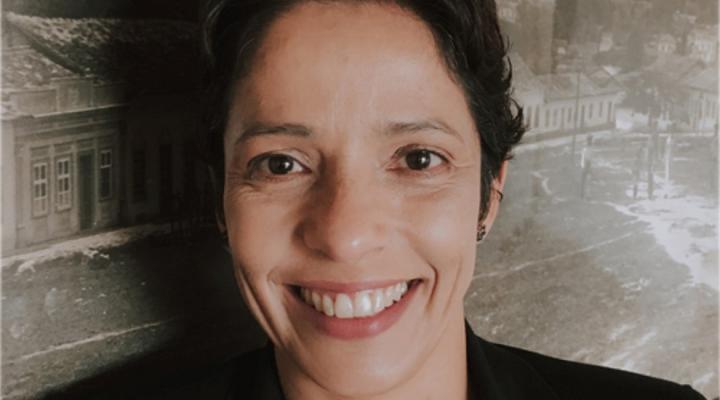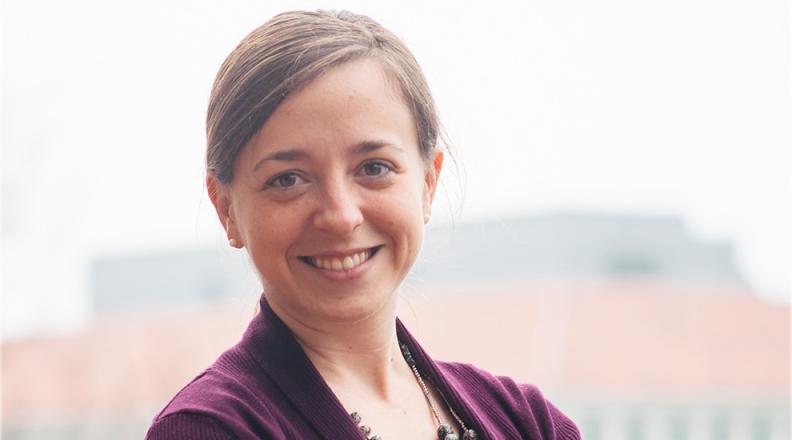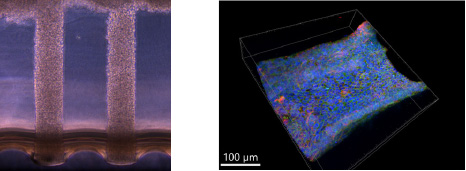
Translating innovative health technologies from concept to market.
Welcome new senior lecturer Suélia de Siqueira Rodrigues Fleury Rosa. Read more about Translating innovative health technologies from concept to market.

Kayla Wolf will join the Meinig School as an assistant professor in biomedical engineering beginning in the spring semester 2025. She is currently an NIH Ruth L. Kirschstein NRSA Postdoctoral Fellow at Harvard University, where she has developed a stem cell-derived perfusable kidney collecting duct on-chip that can be used for disease modeling or embedded within biomanufactured tissue.
Engineered tissues are advancing healthcare by accelerating clinical testing and serving as cell-based therapies, thanks to innovations in stem cell technology, biomanufacturing, and cellular engineering. However, achieving fully functional, mature tissues requires better control over the physical forces that guide tissue development and disease.
The Wolf Laboratory at Cornell will address clinical needs in kidney and women’s reproductive health by developing models of urogenital tract tissues and investigating biophysical forces that direct tissue function. This work will integrate multiple research areas such as mechanobiology, biofabrication and soft matter design.
“We need to better understand the connection between tissue mechanics and tissue physiology in order to improve clinical outcomes, especially in reproductive tissues,” Wolf said. “The Cornell community has incredible expertise in biomedical engineering and is invested in finding solutions for needs in women’s health.”
Wolf received her Ph.D. in bioengineering from the joint program at University of California, Berkeley - University of California, San Francisco. During her graduate studies, she investigated how tumor cell-matrix interactions influence cell invasion and could therefore be leveraged as therapeutic targets.
Wolf is a National Science Foundation Graduate Research Fellow and a Siebel Scholar. Prior to her Ph.D., she earned a B.S. in chemistry and a B.S. in human biology from Michigan State University.
She also hosts a podcast, Double Shelix, about women in STEM, the research grind, and inclusive science, to help women find role models, be inspired, create inclusive STEM communities, develop professional skills, and share their love of science.
